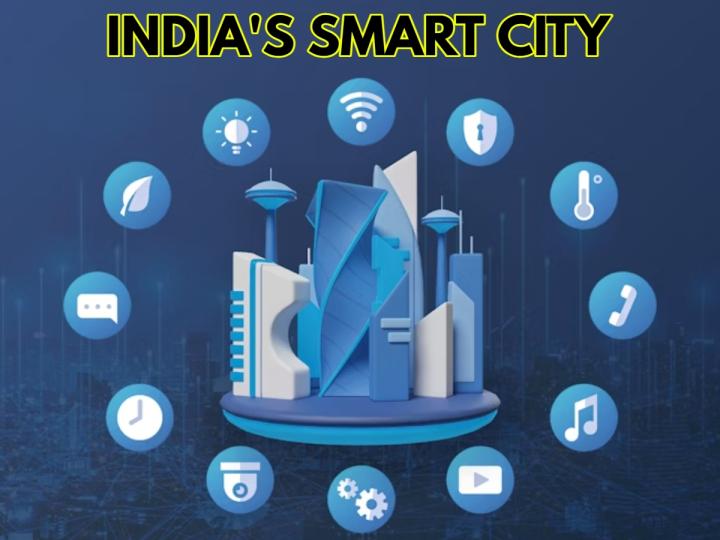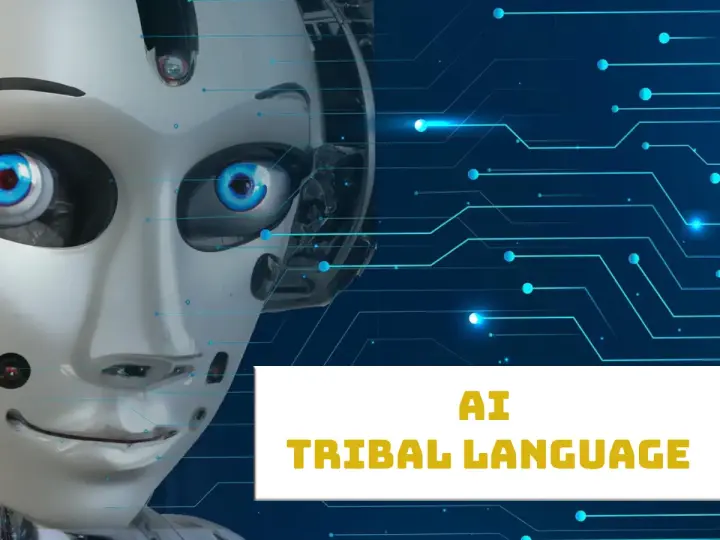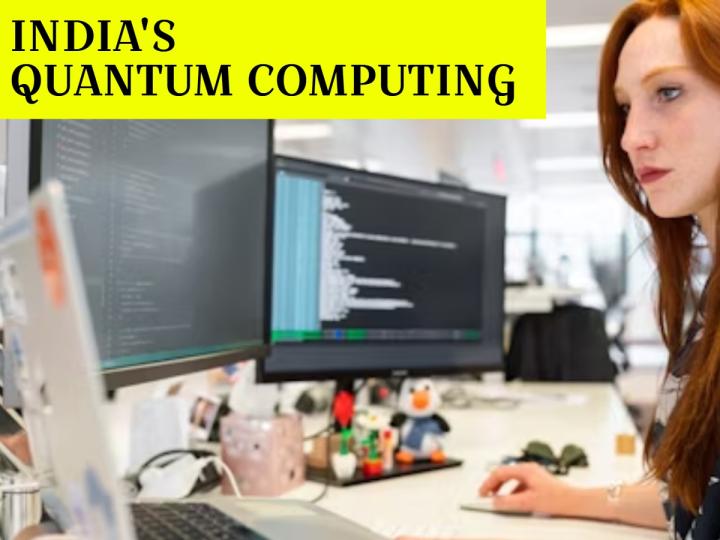
India is experiencing a massive urban transformation powered by 5G technology, AI, and IoT integration. With over 600 million people expected to live in cities by 2030, India is fast-tracking its Smart Cities Mission, turning metros and Tier-2 cities into technology-driven urban hubs.
From smart traffic management in Bengaluru, to IoT-powered waste management in Indore, and AI-driven healthcare kiosks in Pune, India is showing the world how developing economies can leapfrog into the future of urban living. These projects are not only improving quality of life but also creating investment opportunities in real estate, energy, fintech, and AI startups.
📌 Case Study: In 2024, Ahmedabad’s smart traffic control system, powered by 5G-enabled sensors and AI algorithms, reduced traffic congestion by 32% and cut down average commuting time by 18 minutes daily.
5G Connectivity: Ultra-fast networks powering IoT devices & smart homes.
Digital Infrastructure: AI-powered surveillance, e-governance, and traffic control.
Green Energy: Solar-powered smart grids & EV charging hubs.
Smart Healthcare: IoT devices enabling remote patient monitoring.
India’s smart city model is becoming a blueprint for developing economies. Countries in Africa and Southeast Asia are studying India’s 5G + AI approach to urban growth, making India a global leader in scalable smart infrastructure.
India’s 5G-powered smart cities are more than an infrastructure upgrade—they represent a new way of life where technology, sustainability, and innovation converge. With rising investments, government push, and global collaboration, 2025 marks the beginning of India’s smart urban revolution.
👉 For investors, tech entrepreneurs, and policymakers, the message is clear: India’s cities are no longer just growing—they’re becoming smarter, faster, and globally competitive.




